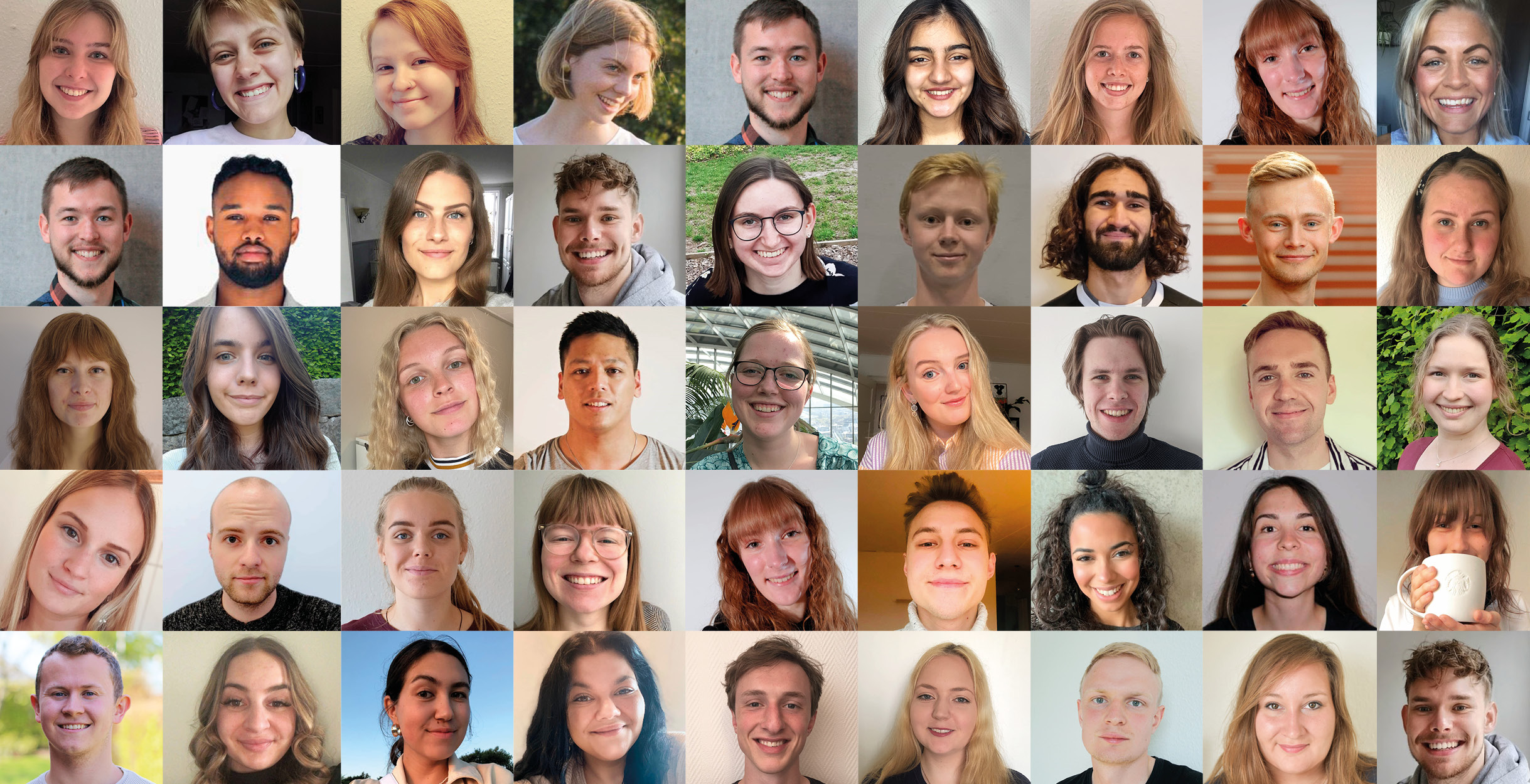By choosing the master’s degree programme in Medicine (MSc in Medicine), you will get a very hands-on education with contact to hospitals in the Region of Southern Denmark, general practice and psychiatry.
The programme has three special characteristic features: 1) attachment to a referring department, where you will assist with medical work in the patient ward, surgeries etc., 2) compassion training and 3) modern technology (3D, VR, gaming app) as part of your skills development and training.
The medical study programme at SDU is unique
The medical study programme at SDU is unique because theory and practice are combined in patient-oriented examination types. The medical study programme is a profession-specific education, and at SDU, the hospitals of the Region of Southern Denmark, in psychiatry and in medical practice, you apply your knowledge and train and practice skills and competences in diagnosis and treatment of common diseases in the patients you will meet as a newly qualified medical doctor.
Course of study in referring department
As a student in Esbjerg, you will also be assigned to a referring department, where you will work two mornings a week in modules K1, K2, K3, K5, K6 and K8. Your time in the referring department is not part of your clinic internships.
In the referring department, you will become part of the department and participate in all its activities from day one. It is agreed individually when you will start performing your own tasks and have independent scheduled functions.
A key element in your course of study and training in the referring department is that you must learn under supervision a number of generic aspects of life as a doctor.
Reasons for studying...
- You follow a course of study and training in a referring department.
- The master’s degree programme in Medicine at SDU is unique, not least because theory and practice are combined both in teaching and in patient-oriented examination types.
- The programme is divided into short modules with associated examinations, making it easier to get through a large theoretical syllabus.
- The master’s degree programme includes clinic internships at a hospital or a general practitioner’s clinic, where you will meet patients and learn how to admit, examine, treat and inform them.
